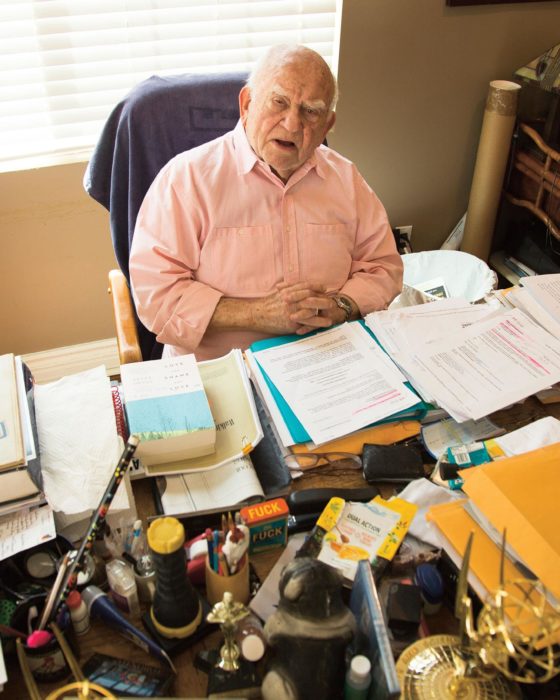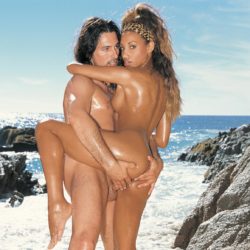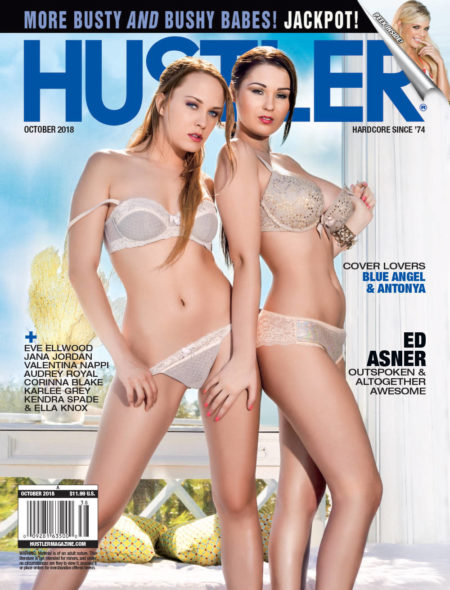Ed Asner has won more Primetime Emmy Awards for performance than any male actor in television history. He earned five for portraying his signature role, the gruff but lovable newsman Lou Grant—first on the sitcom The Mary Tyler Moore Show and then in the spinoff hour-long series Lou Grant—making him the first actor to score Emmys for playing the same character in the comedy and drama categories. In 1976 and 1977, he received the coveted accolade for Outstanding Single Performance by a Supporting Actor in a Comedy or Drama Series in the groundbreaking miniseries Rich Man, Poor Man and Roots, respectively. Asner is also the recipient of five—count them, five—Golden Globes, and his endless list of credits extend to the big screen, including playing Santa in 2003’s Elf and providing the voice for Carl Fredricksen in 2009’s Up.
Born in Kansas City, Missouri, in 1929, the legendary star maintains an impressive pace. As of press time, he had an astounding 17 credits for 2018 alone and currently stars in a one-man show. Last year Asner coauthored The Grouchy Historian: An Old-Time Lefty Defends Our Constitution Against Right-Wing Hypocrites and Nutjobs, and this year he launched The Ed Asner Family Center, a foundation for special needs children. The foundation is far from being the first time Asner has used his celebrity to support causes he champions, including controversial ones—he has played one of his greatest roles offscreen, as a longtime lion of the Hollywood Left. In this candid conversation the outspoken icon discusses his near fall from grace when he took on the Reagan Administration, his most famous costar Mary Tyler Moore, the Second Amendment, global warming and more.
HUSTLER: Let’s discuss one of your more taxing roles. About eight years ago you played President Franklin Delano Roosevelt onstage in the one-man show FDR. Why did you want to portray President Roosevelt?
ED ASNER: Well, I adored him. I adored what he did for our country. I was on a cruise where everybody was supposed to deliver something dramatically. They had this one-man show that had been written about FDR, and they said, “Would you do that?” I said yeah and saw that it would certainly please the laboring people in the audience. So after the cruise, Phil Langley, the producer of the cruise, said, “Shall we see if we could get this booked and go on tour?” I said, “Fine.” We did, we took it on tour, and four years later we concluded it.
FDR was not only a one-man show, but it was a one-act play, without an intermission.
About 90 minutes.































